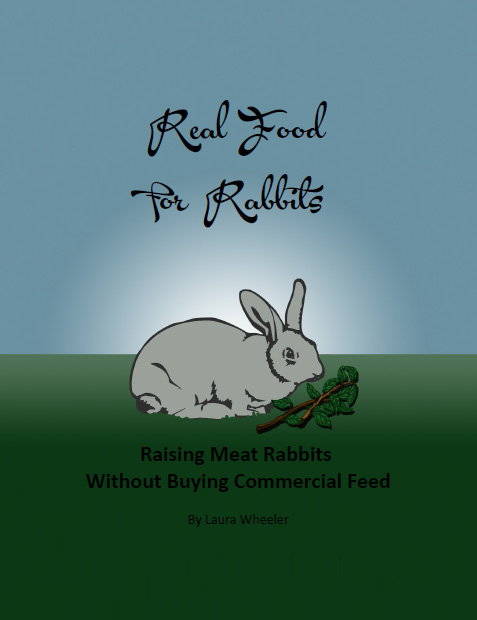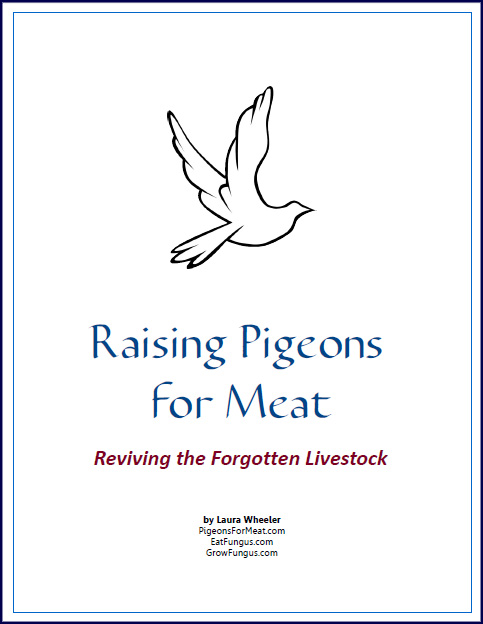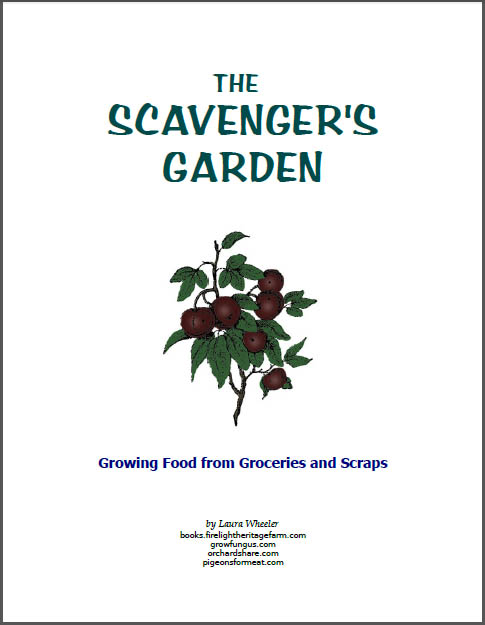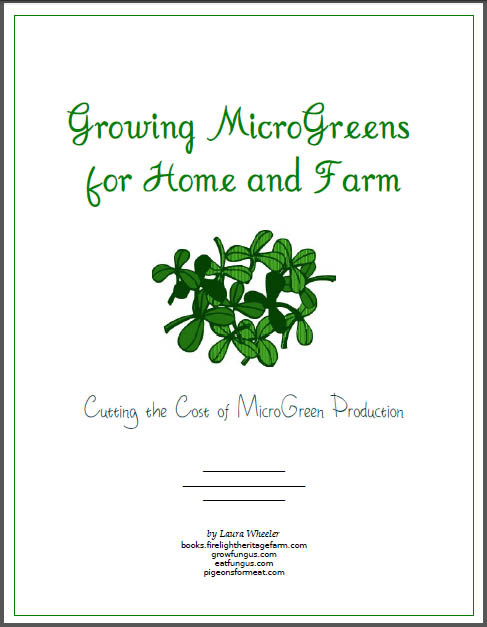 Click to Download Your Free Heritage Pickling and Culturing e-Book Now!
Click to Download Your Free Heritage Pickling and Culturing e-Book Now!
Instant Download, NO Registration Required!
Myths and Miracles of Colostrum
Colostrum is produced by mammals who have just given birth, and is nature's perfect food for beginning new life outside the womb. For farm animals, it is the best protection against initial disease and digestive problems. For humans too, but that is another discussion!
There is much misinformation surrounding colostrum, and it takes on a mythical status for some cultures. In others, anything with the name "colostrum" attached to it is given the same status as actual fresh colostrum. It is treated as a waste product by some farmers, and as gold by others.
It is certain that newborn calves, kids, lambs, piglets, foals, kits, puppies and kittens benefit from colostrum during the first hours and days after birth. Being proponents of natural farming, we of course recommend the advantages of leaving baby on mama for this.
The problem we have found is that most colostrum management advice comes from commercial dairies. There are issues with the operations where the advice comes from which cause them to recommend unnatural practices, stating fictitious advantages to doing so. For example, it is recommended that babies be immediately removed from mama after birth, and not allowed to nurse. The reasoning is that nursing would provide too dirty an environment for baby, and expose it to accidental ingestion of contaminated manure.
Logically, if your cattle are raised in a clean and healthy environment, this is not an issue. If calves are dropped in dirty barns, in containment with cement floors, or in crowded pens, then these are issues. Indeed, many dairies don't present risks from calves accidentally ingesting manure so much as risks of calves accidentally ingesting manure straight from the cow's udder - it hanging low, and being splashed with muck as the cow moves from one area to another, or even in containment areas which have floors and surfaces that build up the muck instead of draining or absorbing it. Cows on roomy pasture are not afflicted with similar problems, and a problem caused by improper care does not require additional improper care to compensate.
Commercial dairies are some of the worst sources for calf raising and management advice. They value only the female calves. The bull calves are all but abandoned within hours of birth. They may or may not be fed colostrum, but are typically sold as soon as they can be off-loaded. The buyers are given a calf without mama, which requires special care for months to compensate. Mortality rate of bull calves is especially high (ranging from 8-60% for the first three months, depending largely on care during the first few hours after birth and provision of adequate warmth), but mortality rate of heifers is not anything to be proud of either, and can range from approximately 4% to as high as 30% for the first three months, depending on the time of year, and conditions of a specific facility. Because bull calves are not valued, they are effectively discarded, and it shows in the mortality rates, even when they are passed into care where they ARE valued - often damage from early care is simply too much to overcome, and buyers can't always get a truthful answer about early care.
There are a number of products on the market now, which have pushed up the value of colostrum. This means that dairy farmers now have little incentive to give it to bull calves if they have contracted for purchase of the colostrum by one of the many companies that processes it for livestock or even human supplement use.
Processing of colostrum is another area of myth. Fresh colostrum has many benefits and is even a fit food for humans if it has not been contaminated by antibiotic or chemical use on the cow who produced it. But processed colostrum is a far cry from fresh.
Processed colostrum is, at minimum, pasteurized. Pasteurization kills healthy bacteria, damages enzymes, and changes proteins (most positive components of colostrum are proteins). Damaged proteins do not absorb or perform the same tasks as whole and fresh proteins.
Freezing damages the colostrum the least, but will still kill the majority of microbial life in the colostrum, and will cause some changes to some of the proteins.
Drying, in and of itself, does not cause more damage than freezing, but modern processing for dried milk products damages the components MORE than just pasteurization. Dried colostrum products have very little left of benefit, and the person desiring colostrum supplements would be better off spending their money on raw milk, which would provide much more actual health benefit than dried colostrum.
So we now have an entire industry robbing calves of the food they need, and replacing it with fake milk (usually with harmful antibiotics in it which are a leading CAUSE of scours and immune problems in calves), and when the milk replacer does not meet the standards required for very young calves, they supplement with a product that has a small amount of dried (useless) colostrum, and a handful of electrolytes. But there is a great deal of money in it, so it is acceptable to the industry as a whole, never mind the calves that die.
We also have another industry providing useless supplements for human consumption, and if this industry grows, more and more calves will be deprived so that supplement manufacturers can provide the illusion of a healthful product to people who just want SOMETHING to heal their chemically damaged bodies.
Colostrum truly is a miracle product. It provides amazing benefits from mama to baby. But when man gets in and messes up the process, and thinks that manmade replicas are better than what nature provided, it all goes terribly wrong. Myths get perpetuated, and a form of fraud is perpetrated upon the small farmer who just wants to acquire a bull for their beginning dairy herd. Calves die, and the farmers give up, because buying an animal, taking care of it, and watching it decline before your eyes without being able to stop it, and usually without knowing exactly WHY, is too discouraging to keep repeating.
For calves removed too soon from mama, the best you can do is to keep them warm, and buy some raw milk to feed them for the first week or two. If you cannot afford to feed them straight raw milk, then feed them half milk replacer and half milk. And go with the UN-medicated milk replacer if you can, because antibiotics are terribly hard on the digestive system of any infant, and will cause reductions in immune responses, and will deplete the digestive system of healthy bacteria which can CAUSE scours instead of helping prevent it.
The evidence of the superiority of keeping calves on the cow, or the nearest approximation, is shown in survival data for beef cattle, where calves are left on mama until they wean. Range cattle and pen kept cattle combined have mortality rates which cap out at about 6.5% for the three month period. These rates also include predation.
Similar effects are seen through other mammals, though rates can be much higher for some such as rabbits, when babies are removed from the mama too soon.
Keep the colostrum fresh, and give it to the calves first. They need it most.








